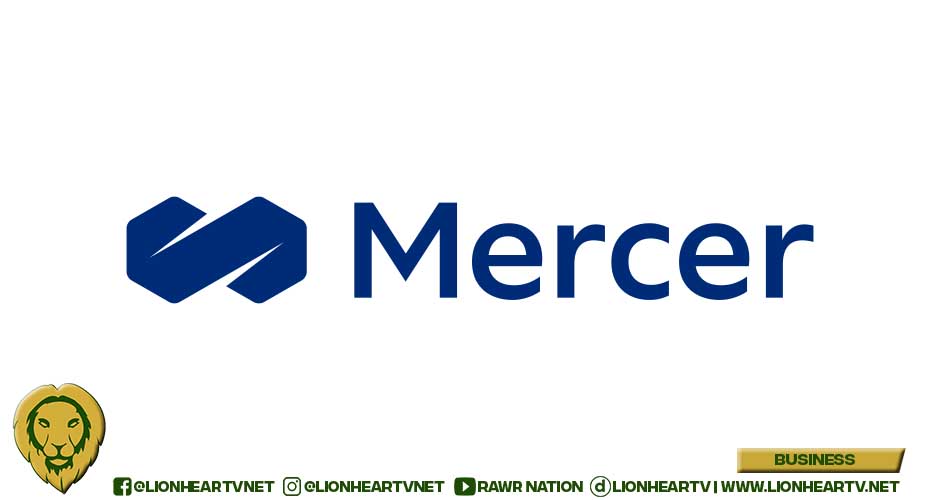Manila, Philippines, June 2021 – While the Philippine government is playing a primary role in vaccine deployment, companies in the Philippines are starting to think strategically about how they can support vaccination plans and the implications for both employee safety and business operations.
A Mercer survey conducted in February 2021 revealed that Philippine employers are not rushing to mandate the vaccine, with only 2% deciding to implement a mandate and 68% not even considering it. When asked why they would not mandate, the top two reasons were employee concerns about vaccine safety (68%) and compliance with employment labor and human rights legislation (54%).
While employers are aligned with the position of governments, almost half (41%) cited concerns about potential liability should an employee have a bad reaction to the vaccine.
Employers on the fence about incentives
Although offering incentives are less controversial than mandating vaccinations, only 2% of respondents have decided to provide incentives in the form of cash, gift card, or spending account contribution in order to encourage employees to be vaccinated. 49% will definitely not provide a financial incentive, while 41% say it is yet to be determined.
However, one in four have stated that they will provide additional time off for employees to get vaccinated (26% for salaried employees and 23% for hourly) and about 15% will provide additional sick leave in case employees experience side effects from the vaccine (14% for salaried employees, 15% for hourly).
Teng Alday, Mercer’s CEO for The Philippines, said, “Given that the major issues surrounding the vaccination rollout are vaccine safety and human rights legislation, it’s not surprising that most respondents opted not to offer any form of incentive to respect their employees’ personal decision.
“The decision to receive the vaccine ultimately boils down to trust. And employers play a critical role in educating and sharing accurate information with employees, including facts about the benefits of the vaccines, company policies and insurance coverage. Communication will be vital in helping employees decide whether or not to get the shot.
Communication is key
In this regard, Philippine employers are stepping up. More than two-thirds of respondents said that they have or are developing communications plans. More than half of the respondents stated they will encourage employees to get vaccinated, although only 17% said they will “strongly encourage”.
While almost half (48%) will only provide information and emphasize that vaccinations are a personal choice, 29% said they will share leadership vaccine experiences to help overcome vaccine hesitancy.
Ms Alday said, “It’s heartening to note that employers are actively communicating the benefits of the vaccine (93%), details about access (76%) as well as company policies (66%). However, less than half (47%) say they are sharing details about insurance coverage or the reimbursement approach.
“This could be due in part to a lack of clarity or information at the moment but is absolutely critical information that employees need to know, be it details on claims or benefits with respect to the COVID-19 vaccination or its potential effects.”
Only 13% of respondents have begun discussions with public health officials, health plans or other vendors about facilitating the delivery and administration of the vaccine to employees. With the Philippines expecting to receive at least 157 million vaccine doses developed by Pfizer, AstraZeneca, Sinovac, Moderna, Novavax, Gamaleya Research Institute, and Johnson & Johnson in 2021, this option will be pursued by 72% of the respondents once vaccines are more widely available.
Managing the vaccine rollout
A quarter of the survey respondents have formed a steering committee or task force to help guide vaccine-related policies, and another 20% say it is in process.
Managing a segmented workforce – some who have been vaccinated and some who have not – is a stated concern for 41% of respondents and will raise questions for most. 8% of respondents say they will enact business travel policies that differentiate between employees that have/have not been vaccinated, while 30% will not differentiate based on vaccination status and 26% will follow government guidelines
Ms Alday added, “Businesses have an obligation to provide a healthy and safe workplace, and each company has its own set of risks and responsibilities. Employers and employees should work together to determine whether reasonable accommodation can be made based on job function, and whether there is flexibility that would make vaccination less critical.
What’s vital is that employers set appropriate expectations about returning to the office and the need for precautions and safe practices like wearing masks and social distancing. Even as the number of individuals being vaccinated increases, various forms of public health restrictions will still be in place until we see herd immunity in our communities.”


